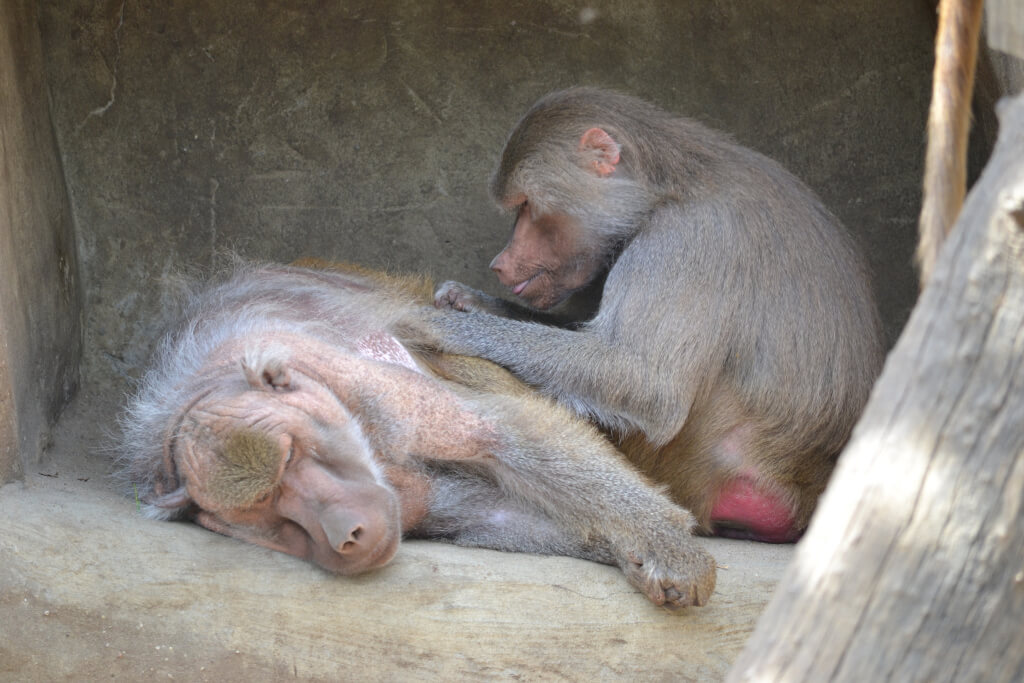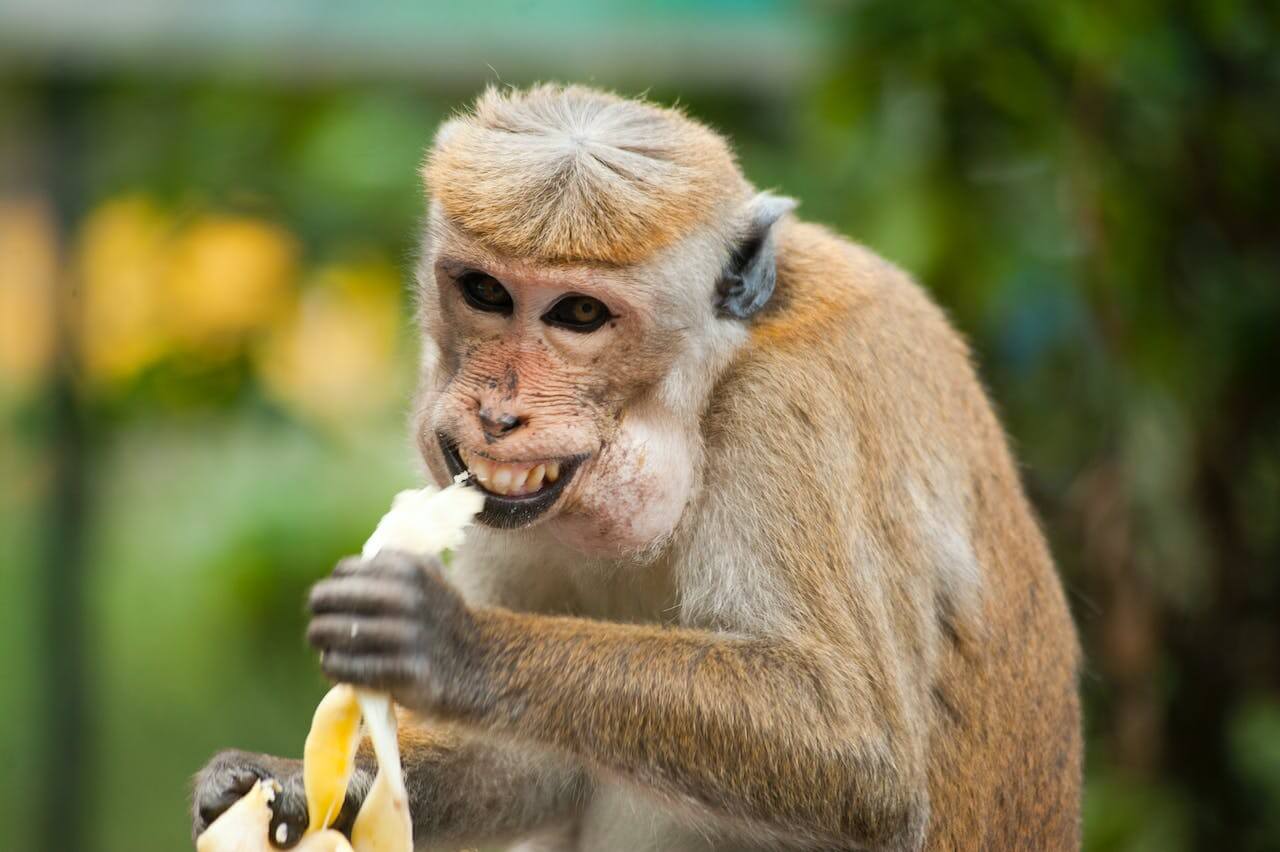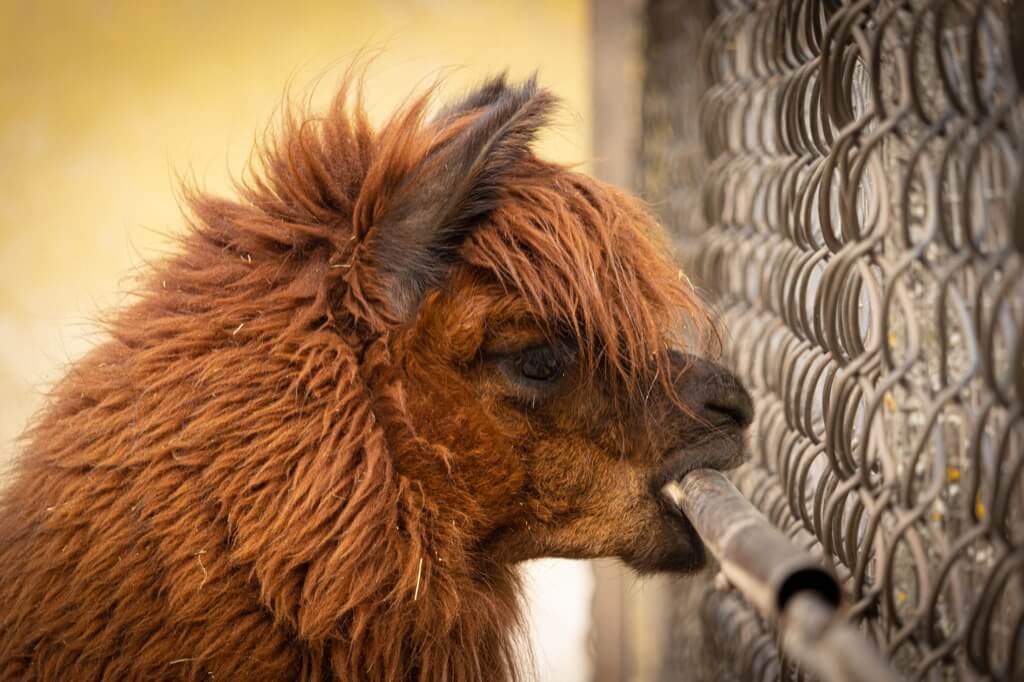New research on baboon friendships shows that they can help people overcome a difficult childhood. A lot about how our lives will go as adults may be gleaned from how we grew up. For example, studies have shown that persons whose childhoods were marred by hardships like poverty, abuse, and neglect tend to have worse health and live shorter overall.
Is it possible to recover from a poor beginning? There is evidence to show that having close friends and family can help you overcome early hardships. Adults with close friendships tend to be healthier and live longer than those who don’t, and this is true not just for humans but also for killer whales, hyraxes, and baboons.
I study the effects of social contexts on growth and aging as a biologist. Recently, I worked with statisticians and other biologists to try to figure out whether or not a traumatic upbringing necessarily results in a lifetime of bad social connections and health, or whether or not strong bonds of friendship can be forged despite adversity. We also pondered whether or not a strong social network could help people overcome difficult beginnings.
To investigate these issues, we followed a group of wild baboons in Kenya. To test theories that would be too challenging to research in humans, scientists frequently employ animal models. Because of their similarities to humans in terms of their life cycle, social relationships, physiology, and behaviour, baboons can serve as a good stand-in for humans in studies. The effects of early adversity and social connections on longevity in baboons are similar to those found in humans, according to available studies.
Our primary finding is that both early-life adversity and adult social ties have separate and significant impacts on longevity. In other words, both early-life surroundings and adult social relationships matter greatly, but they are not interdependent.
This is an essential subject for social scientists to consider, as early-life adversity may be the primary cause of the negative impacts of social relationships on survival in adulthood. The two outcomes would be intertwined under those conditions. Childhood hardships are the driving force behind everything.
Both effects are significant, though, as our data reveals. Furthermore, our findings imply that baboons’ strong social relationships can mitigate the impact of early adversity. The health of humans could benefit from treatments both in infancy and adulthood if the same is true for them.
Baboons are known to have intricate social networks due to their communal living. Their life span is less than that of humans; females reach maturity at 4.5 years and die at roughly 18 years of age. They, too, are very adaptive and behaviorally versatile because they originated in the savannah. These characteristics make them a perfect model for investigating our research hypotheses and drawing connections to human biology.
The baboons in Kenya’s Amboseli habitat are the focus of our research. Since 1971, the Amboseli Baboon Research Project has been keeping tabs on these apes. Many people’s whole life histories are recorded, allowing us to follow families through the generations. A full picture of their growth and conduct can be gleaned by direct observation, too.
We analysed six causes of adversity in baboons’ formative years using data collected by the senior field team of biologists in Amboseli between 1983 and 2019.
Having a younger sibling born soon after you, having your mother die while you’re young, being born into an exceptionally large social group (“crowding”), or having a low-ranking mother.
These occurrences are analogous to the traumatic experiences a youngster may have if they were born into a poverty or dysfunctional home.
Using Its Hands, One Baboon Grooms Another
While nursing, the mother gently cares for her baby girl. The mother is equipped with a radio collar that helps researchers track down their test subjects. We assessed the participants’ ability to form and maintain relationships and to live through adulthood.
Differential Impacts
Our findings demonstrated the independence between the influences of early-life adversity and adult social interactions on survival. Strong effects on survival were seen from both early life circumstances and adult social relationships, but adult social bonds were less influenced by early life adversity than we had previously believed. Furthermore, the influence of ties on survival was independent of the baboon’s exposure to early-life hardship.
This disproves the idea that baboons doomed by a bad start in life have poor social bonds and a low chance of survival. Furthermore, our findings imply that strong social relationships in adult baboons can mitigate the harmful impacts of early trauma.
This is especially true for the baboons if a young female loses her mother but can form strong bonds with the other adults in the group. The loss of a mother can be devastating for baboons since they rely so heavily on her for food, education, and companionship. If this finding translates to humans, it suggests that treatments both in childhood and adulthood have the potential to extend healthy life expectancy.
Conflicts Between humans
Our findings suggest that identifying and helping adults with a history of bad childhood experiences may enhance their health and chances of survival.
To see if early hardship and social attachments have the same effect on survival in humans as they do in baboons, researchers are asking comparable questions. Researchers in the future should investigate if or not there are additional connections between a traumatic upbringing and mortality. Several factors, including genetics, physiology, immunological responses, and behavioural, may contribute.
Our research also reveals that the necessity of social ties to our survival is an ancient human trait. Understanding ourselves better through observation of animals.
About the Author:
Musa Khumalo is a seasoned writer and editor at Africa Nova, where he brings to life captivating stories from the heart of the African continent. With a deep-rooted passion for travel, luxury experiences, and culture, Musa’s work shines a spotlight on the diverse landscapes, people, local craft, and experiences that make Africa a world within itself.




